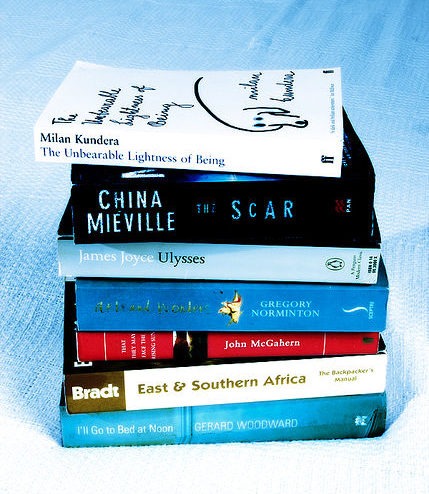
How To's | Screenplay Doctor | Screenwriting
Ask the Screenplay Doctor: Converting Short Stories and Writing in Screenplay Format
Written by Susan Kouguell | Posted by: Michele Meek
When submitting your screenplay for consideration to an agent, production company, and so on, it must not have any typos, coffee stains, copy stains, missing pages, and your screenplay must be properly formatted otherwise your script will be rejected because you will be viewed as an amateur. Take the time to proofread your work and have someone else proof your work because it is very difficult to find one’s own typographical and grammatical mistakes.
My partner and I have written seven stories in “play format,” but have heard they have to be written in “Hollywood format” if you hope to have a production company accept them. Would an agent accept them for what they are and push them for us? Movies are made out of books all the time. Should we simply try and get them published as books? Once they are succesful, won’t a production company turn them into “Hollywood screenplay format” if they intend to create a motion picture out of it?
Let’s begin with clarifying the definition of “Hollywood screenplay format.” The more accurate correct terminology is “industry standard format.”
The correct screenplay formatting for a scene heading is as follows:
INT. HOUSE – DAY
The first part of the scene heading indicates where the scene takes place.
INT. (abbreviation for “Interior”) or EXT. (abbreviation for “Exterior)
The next part of the scene heading indicates the location. For example: HOUSE
And the final part of the scene heading indicates when the scene takes place: DAY or NIGHT.
Underneath the scene heading is the action paragraph. The action paragraph should briefly and succinctly describe what the location looks like, the character or characters in the scene and their actions. Remember, a screenplay is not a novel; brevity is your goal and make each word count.
The dialogue follows after the first action paragraph (that is, if there is dialogue in the scene). Additional action paragraphs can also be used to describe the characters’ actions as they speak.
I would strongly recommend that you read published screenplays. You can download free screenplays at various Web sites, including:
- The Daily Script: Web site: www.dailyscript.com
- Drew’s Script-O-Rama: Web site: www.script-o-rama.com
- Internet Movie Script Database: www.imsdb.com
- iscriptdb: Web site: www.iscriptdb.com
- UGO Movie-Page.com: Web site: www.movie-page.com/movie_scripts.htm
Using screenwriting software is a helpful tool. Final Draft and Movie Magic are some favorites, as well as CeltX (http://www.celtx.com) which is free.
Keep in mind that writing screenplays is quite a different craft than writing stories; it’s not just about putting the story into the correct industry standard format, screenwriting is about telling a story both with words and visually.
It seems that the best avenue for you and your partner to take is to get your stories published either as a short story collection in one book, or submit your stories to publications that are a right fit for your work. Finding a literary agent with contacts in the film industry will be the most helpful. At this point it seems that if you can find an agent to represent you, the agent can then submit your story or stories to production companies with the intention to have your material optioned for an adaptation of your work to the screen.
My previous monthly columns discuss how to find a screenwriting agent not a short story or book agent — this is not my area of expertise.
I’m motivated to become a screenwriter for feature films and would like to know how I can find a writer’s agent? I’m working on a couple of scripts now, and would like to direct my ideas to a professional.
I’ve addressed this question in depth in my previous Ask the Screenplay Doctor columns, so please look at back issues to learn more about this subject. In brief, a good resource is The Hollywood Representation Directory (www.hcdonline.com). Also, reading screenwriting and film publications and networking at film festivals, screenwriting panels, and so on, are helpful ways to find an agent.
To learn more about finding an agent and more about the business of screenwriting, read my book The Savvy Screenwriter: How to Sell Your Screenplay (and Yourself) Without Selling Out! www.su-city-pictures.com; su-city-pictures.blogspot.com/
You can follow my Su-City Pictures, LLC Facebook fan page and SKouguell Twitter page to receive more Savvy Tips about how to write, structure, and sell your screenplay.
To learn more about finding an agent and more about the business of screenwriting, read my book The Savvy Screenwriter: How to Sell Your Screenplay (and Yourself) Without Selling Out! www.su-city-pictures.com; su-city-pictures.blogspot.com/ You can follow my Su-City Pictures, LLC Facebook fan page and SKouguell Twitter page to receive more Savvy Tips about how to write, structure, and sell your screenplay.











